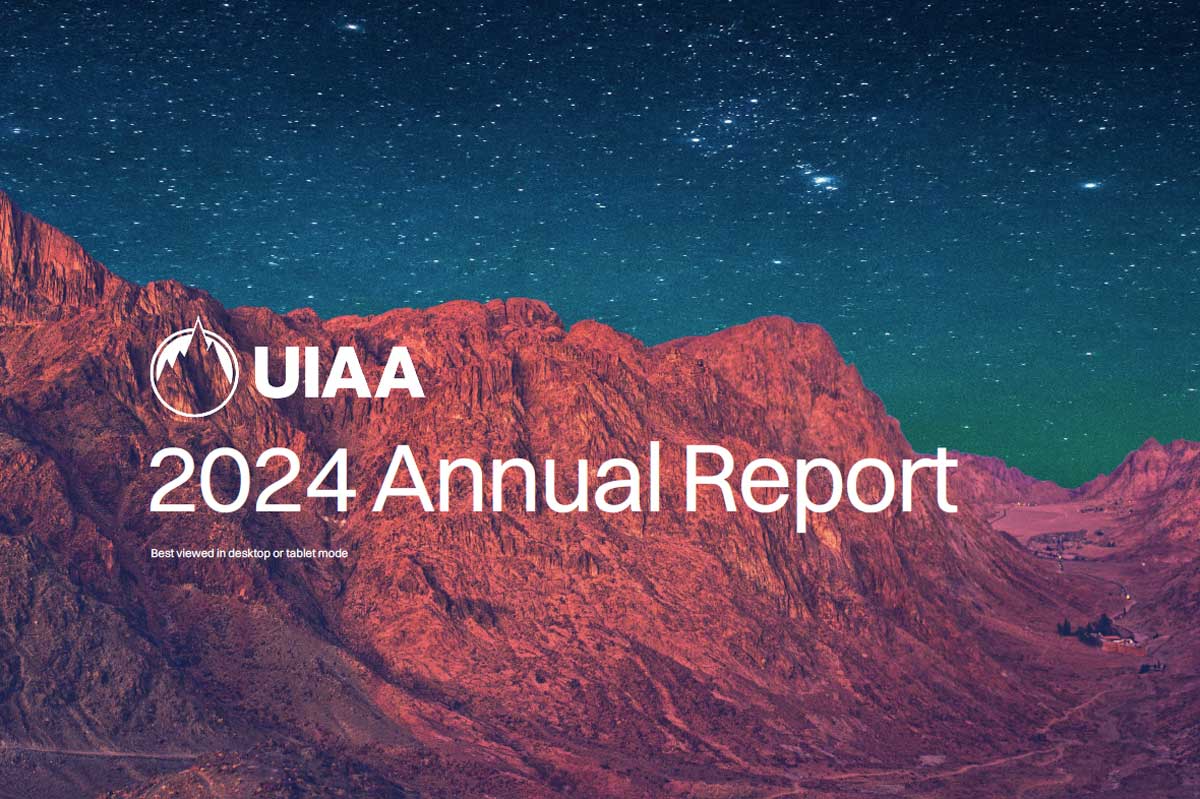Mt. Ader (Photo: Phil Wickens for UIAA)
UIAA Medical Commission president David Hillebrandt said the advice sheet is the result of five years of discussion and consensus building between experts on the UIAA Medical Commission and the international mountain medicine community.
The paper titled Drug use and Misuse in Mountaineering (Please click on this link to read the paper) is intended for mountaineers and medical lay persons. It is is authored by D. Hillebrandt, T. Küpper, E. Donegani, U. Hefti, J. Milledge, V.Schöffl, N. Dikic, J. Arnold and G. Dubowitz, and will be presented the UIAA General Assembly in October.
Dr. Thomas Küpper of the UIAA Medical Commission added: “It is a well-documented that for general sports people use a multitude of drugs to fight pain (marathon, contact sports etc.) or to enhance performance – often without knowledge about the associated health risk.”
“The UIAA Medical Commission is not trying to police drug use. Our goal is to care for the health of mountaineers,” said Küpper. “The commission agreed to put the issue on the table to inform and prevent people from unnecessary health risks.”
The paper makes clear in its introduction that it is focused on recreational climbing:
Some people enjoy solo ascents of challenging lines on Himalayan giants, others ski mountaineering, trekking, mountain running, frozen waterfalls, sport climbing or bouldering in wooded meadows. Some of these disciplines are formally competitive and need rules to maintain integrity. In this specialised field we leave the World Anti Doping Agency (WADA) to devise enforceable doping regulations and tests. A regularly updated list of their regulated substances can be found on their website.
Non WADA regulated individuals have to determine their own personal standards for enjoyment, challenge and acceptable risk on whatever route they choose. No system of drug testing could ever, or should ever, be policed for recreational climbers. Sponsored climbers or those who climb for status need to carefully consider both the medical and ethical implications if using drugs to aid performance. In some countries (e.g. Switzerland and Germany) administrative systems for mountaineering or medication control dictate a specific stance, but for most people any “rules” would be unenforceable and have to be a personal decision. The underlying principle must be honesty with oneself and honesty with one’s peers.
The paper goes on to look at the pharmaceutical agents that are or have been used in the mountains of the world, the pros and cons, side effects and benefits, possible interactions, risks, and at the research evidence currently available for each drug.
The UIAA Medical Commission hopes to update this every few years as evidence changes.
Each mountaineer, climber or trekker must make his own personal decisions whether acting as a professional or recreational mountaineer or as a commercial expedition client. In the final analysis be honest with yourself and with the international mountain community,” the paper states.
Please click on this link to read the paper
Disclaimer:
The UIAA Management Board wishes to state: “The UIAA is a signatory to the World Anti-Doping Code and does not tolerate the use of drugs and methods that are on the prohibited list amongst UIAA regulated athletes. “



